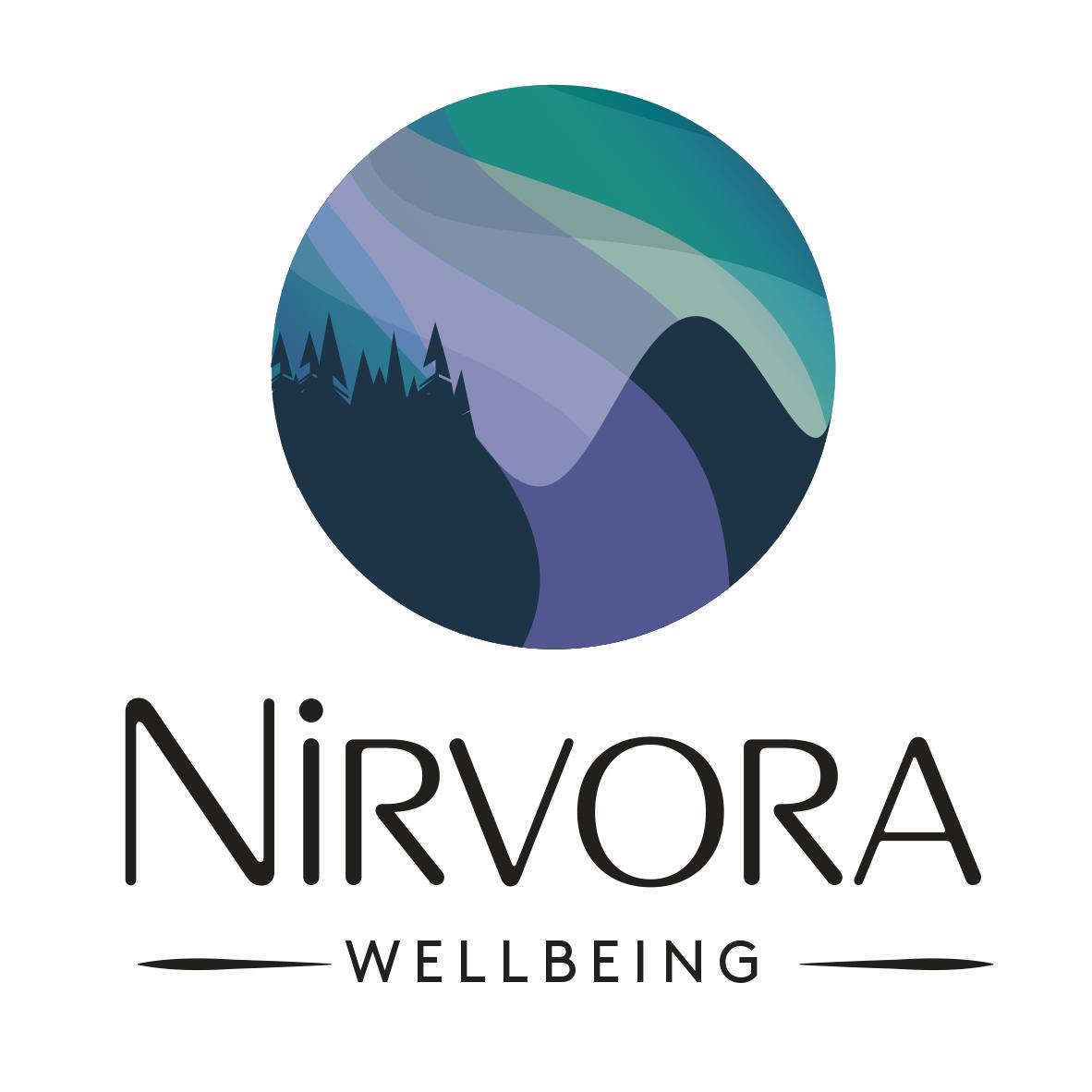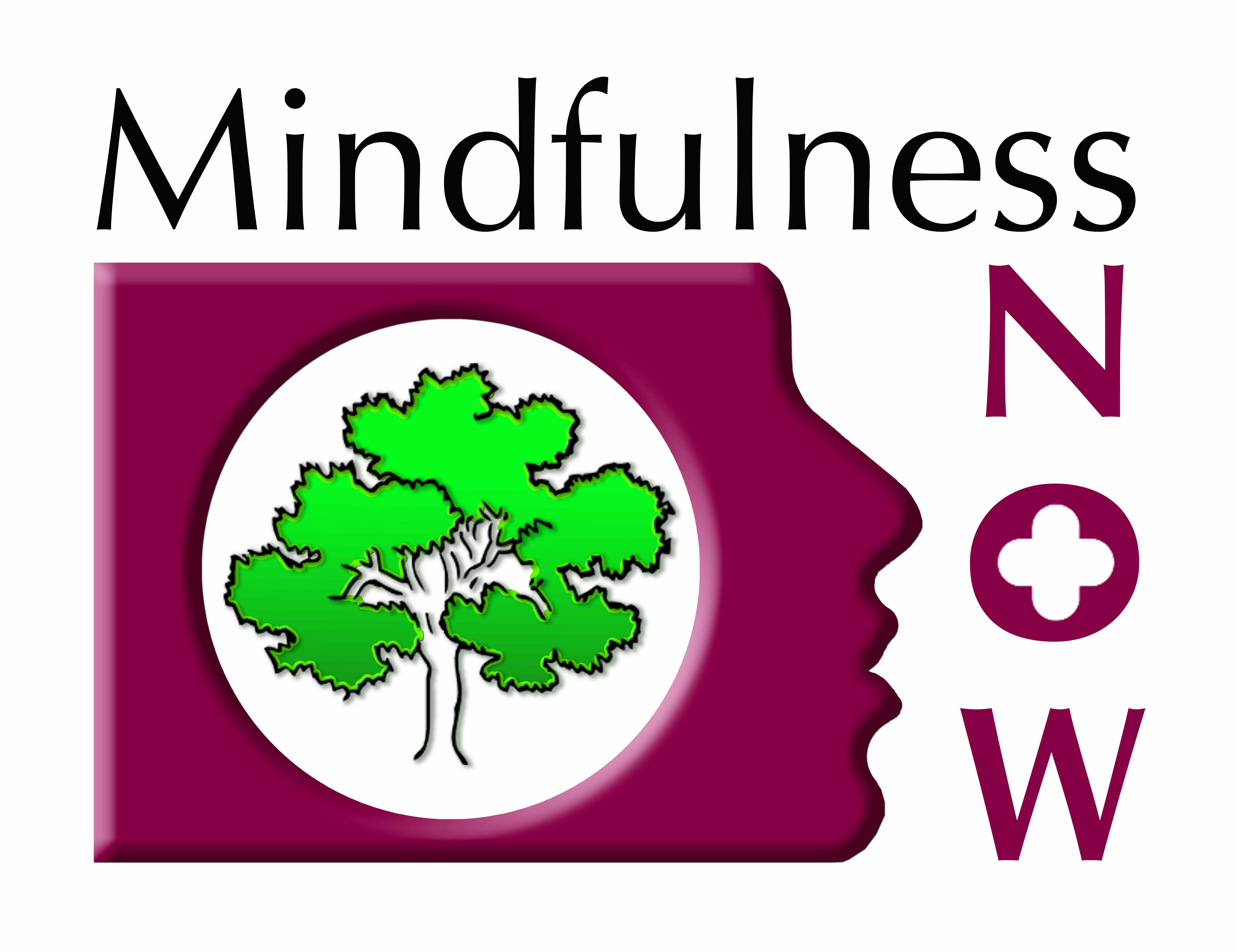“You can’t pour from an empty cup!”
(Norm Kelly)
We live in a life where there is often a heavy emphasis on, using every moment to be the best possible version of ourselves, to optimise ourselves and optimise our time. Of course, there are benefits to living like this, but ALL of the time? Constantly pushing ourselves and striving, is this a realistic or sustainable or a healthy way to live? How about moving the focus away from becoming the best possible version of ourselves and moving our energy (back) to having a “healthy balance” With the emphasis on “balance”!
Life is naturally busy, demanding and constantly bombarding us with stressors. Very often circumstances are out of our control; sadly, things happen which can cause much worry, upset, stress and anxiety. In contrast there are also many situations where stress (eustress) has its’ benefits and can help people thrive and flourish. However, for this to be maintainable, in a healthy way, perhaps we need to consider finding the balance between pushing ourselves whilst also, consciously planning time for restoration within our daily/weekly routines – as a counterbalance – to find the equilibrium.
Dr Lisa Damour (American clinical psychologist and author) uses the analogy of weightlifting to explain this further. People who train in weightlifting, will intentionally push their bodies a little harder in order to see improvement, by doing this they are intentionally putting stress on their bodies. Then they will deliberately rest – why? to give their bodies time to restore and recover. The same can be applied to our daily lives, where we push ourselves that little bit harder (say at work) – therefore creating space for “growth” (be that personal, in work etc) but it needs to be paired with rest, to prevent it from becoming potentially harmful or damaging.
This kind of rest involves doing those things that you enjoy or make you feel good and are healthy for you. This could be things like, going for a walk with a friend, doing a form of exercise you enjoy or planning in some time to chill out and read, and so on.
So, here’s a question – what restoration can you plan into your routine, as a counterbalance, today or this week?
__________________________________________________________________________________
Another aspect to reflect upon is - what kind of rest do you need? How do we work on becoming 'productive busy people' rather than 'worn out productive people'?
For now, let’s take sleep out of the picture. As sleep is not the same as rest; sleep is essential and I believe it should be considered in its own right as a Pillar of Health. Therefore, we will cover a blog on sleep in the coming months.
So, rest – perhaps you would like to look at:
what rest are you missing? What kind of tired are you? Which pool (or pools) of energy are depleting?
The below may help you think about this. Do you need:
- Physical rest – is your body physically tired, drained of energy or injured or unwell? Does your body need time to replenish and recover?
- Mental rest – is your mind constantly racing or streaming in mental “noise”? do you need time and strategies to help you quieten your mind a little (aiming to completely still your mind is not realistic)?
- Emotional rest – emotions are powerful, they are there to empower us. They help us learn to understand ourselves and they help us overcome challenges. They are to be explored, encountered and accepted, as opposed to ignored, supressed or bottled up. Do you need support/ strategies to help you deal with your emotions effectively?
- Spiritual rest – finding that state of “coming home”, a place of peace, inner belonging as opposed to constantly searching.
- Social rest – receiving comfort through our relationships and via social connections. Sometimes we need this connection, whereas on other occasions we require solitude and some alone time. Consider are your social interactions depleting or replenishing? Which do YOU need right now?
- Sensory rest – our overstimulated senses, which are often bombarded from external information and stimuli, may need some time out (some peace and quiet to download).
- Creative rest – immersing in an activity that unlocks your creative juices and puts you in a state of flow (this may in include some eustress, which should not be avoided as it is good for you in the right doses)
At Nirvora Wellbeing, I consider rest and restoration, as a Pillar of Health, which works in collaboration with the other pillars as a means of taking a holistic approach towards supporting our physical, mental and emotional wellbeing.
Should you wish to work on this aspects of life (or indeed others), as a qualified Nutrition and Lifestyle Coach and Mindfulness Teacher I would be delighted to work in partnership with you, as you make positive changes to your life. Please invest this time in yourself, as you are absolutely worth it! xx
NB: If you’d like further details on the 7 types of rest mentioned above, the book Sacred Rest by Sandra Dalton-Smith is a good place to start.




